Critics slam the proposal to bring back the “Department of War”.
Others are reading now
Donald Trump wants to rename the Department of Defense as the “Department of War,” reviving a title last used in 1947.
Trump Revives Long-Abandoned Name

President Donald Trump has launched a controversial initiative to rename the U.S. Department of Defense, according to documents seen by the BBC.
If enacted, the Pentagon would once again be known as the “Department of War”, a title dropped over 75 years ago.
“Waiting to Get Hit”
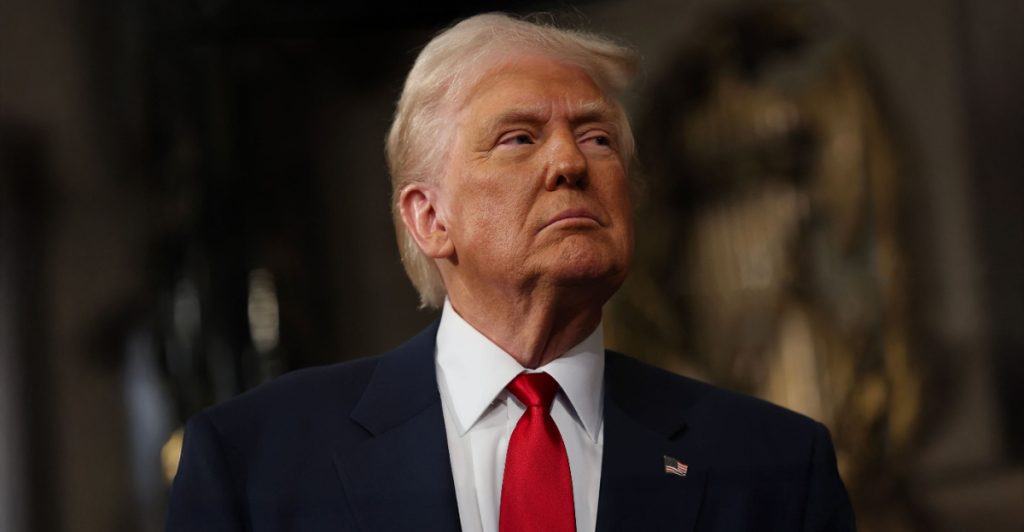
The rationale, Trump’s team claims, is that “Defense” sounds passive.
In contrast, “War” allegedly projects strength and clarity, with one senior official claiming the current name implies the U.S. is merely “waiting to get hit.”
Also read
Defense Secretary Hegseth Fully On Board

Trump’s Defense Secretary, Pete Hegseth, expressed full support for the change during an appearance on Fox News.
“We won WWI, and we won WWII, not with the Department of Defense, but with a War Department,” he said. “We’re not just defense, we’re offense.”
Warrior Ethos

Hegseth argued the rebrand would help foster a renewed “warrior ethos” across the U.S. military, adding that “names matter.” ‘
Trump’s executive order reportedly tasks Hegseth with finding legal and procedural pathways to solidify the change.
The Internet Responds with Outrage

Online reaction has been swift and overwhelmingly negative.
Also read
On X, users mocked the proposal and raised concerns about its symbolism, cost, and purpose.
“This is so stupid and it’s going to make us a laughing stock in front of both our allies and our enemies,” one user wrote.
Another posted: “Renaming the Department of Defense to the Department of War, because it is more intimidating to our adversaries, is stupid.”
Financial Implications
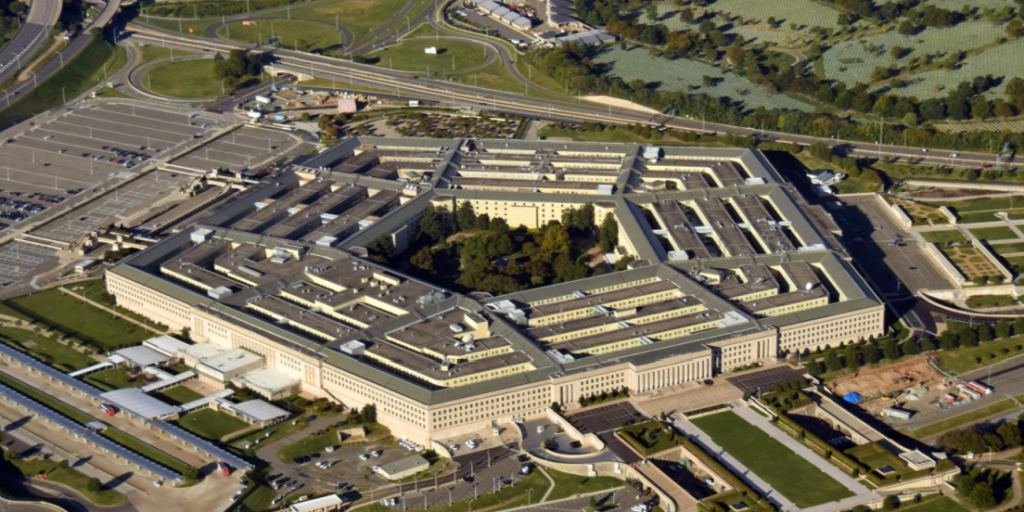
Critics also raised concerns about the financial implications.
“Changing the name is dumb for lots of reasons, but not least of which is it’s just a huge waste of money,” one user noted.
Also read
A Nod to History
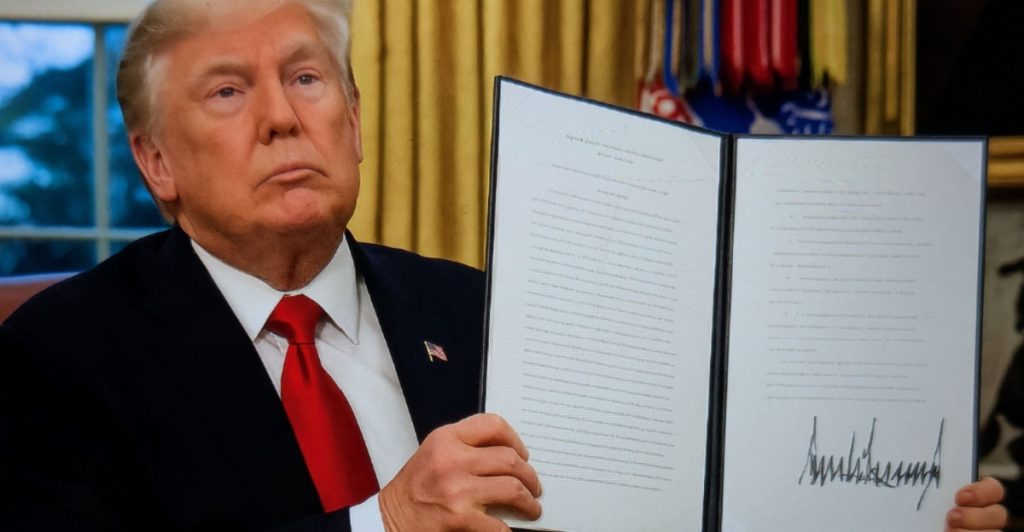
The U.S. did once operate under a Department of War.
The original title existed until 1947, when it was changed to the Department of Defense following World War II. That reorganization was intended to reflect a shift toward deterrence and cooperation in the early Cold War era.
Trump, however, believes the old name evokes a time of U.S. military dominance.
“America’s unbelievable history of victory,” he has argued, happened under the original name. Bringing it back, he claims, would restore clarity to the U.S. military’s mission.
Critics Warn of Global Perception Risks
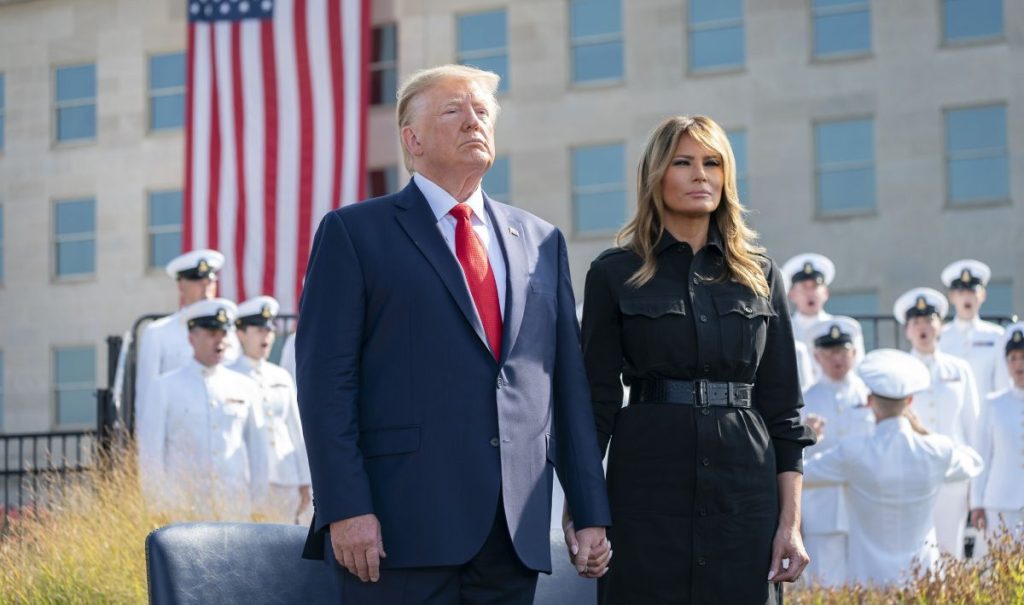
Foreign policy analysts have expressed concern that the name change could send the wrong message internationally.
Also read
A move toward militaristic branding, some argue, risks damaging the U.S.’s image as a stabilizing force—especially at a time of increasing global instability.
“This isn’t just semantics,” said one former Pentagon official who spoke anonymously to several outlets. “It suggests a philosophical shift—from defense and diplomacy to something far more aggressive.”
Previous Rebranding Blunders
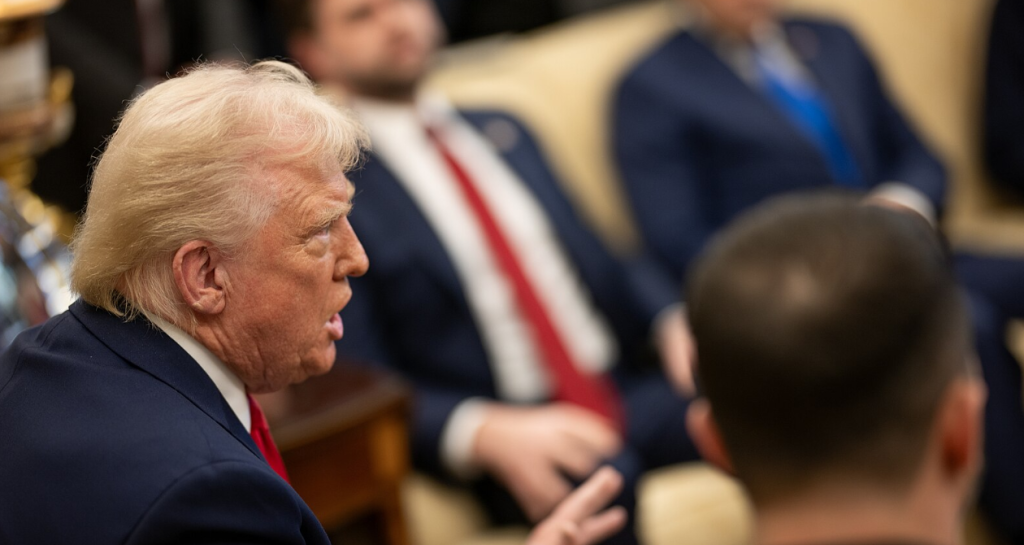
Trump has faced ridicule for similar initiatives in the past.
Earlier this year, his administration briefly rebranded the Gulf of Mexico as the “Gulf of America,” a move that failed to gain international recognition and was widely mocked online.
Critics are now linking the Pentagon proposal to that failed initiative, calling it another example of “performative rebranding” with little strategic value.
Also read
No Congressional Approval Required

The name change, according to Trump’s executive order, does not require immediate congressional approval.
Instead, Trump is using presidential authority to direct internal Department of Defense policy, with plans to formalize the rebrand through further orders and legal reinterpretation.
Legal experts note, however, that any long-term or budget-related aspects of the change may still face congressional scrutiny or litigation—especially if Trump loses office before implementation is completed.


